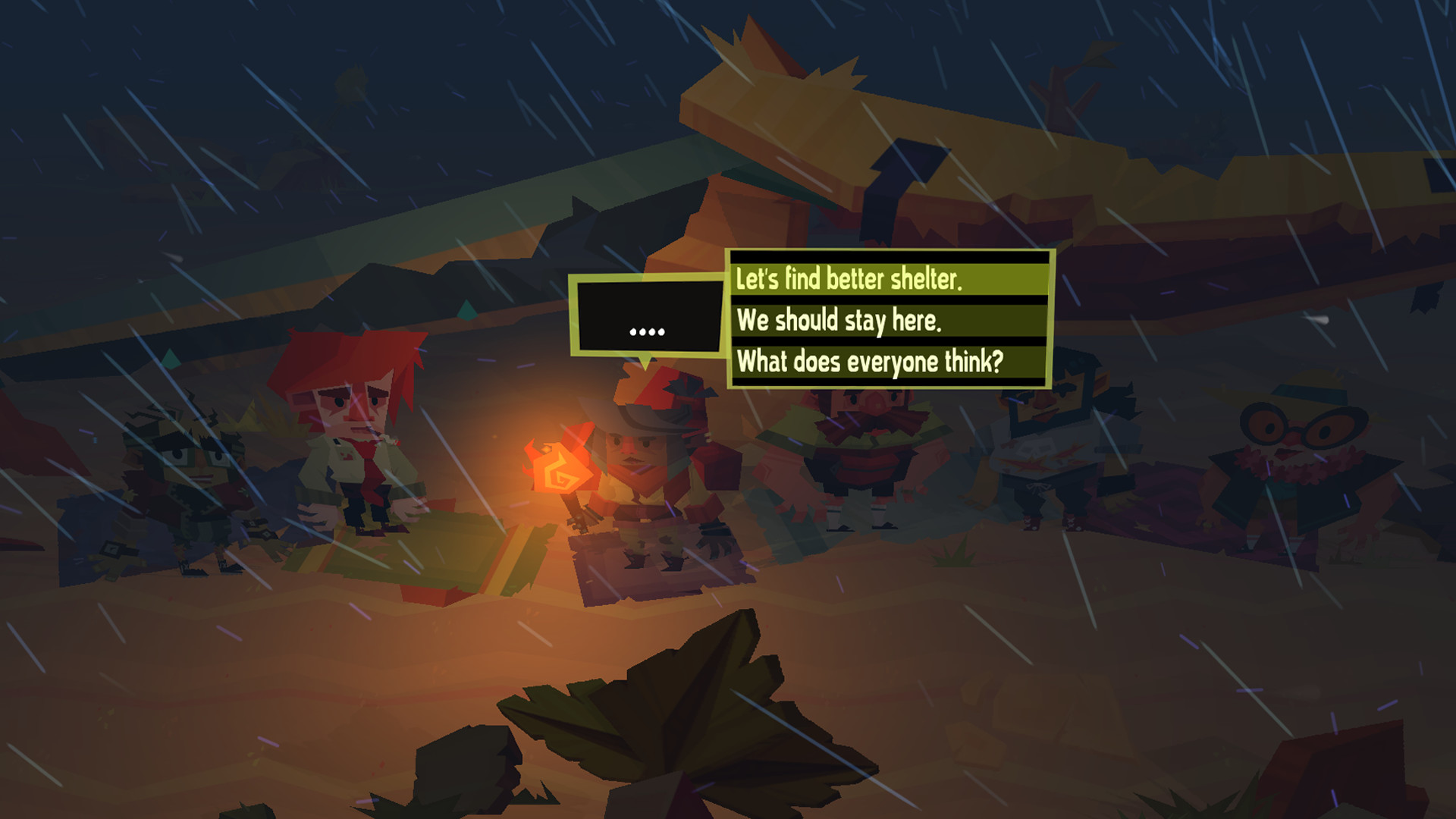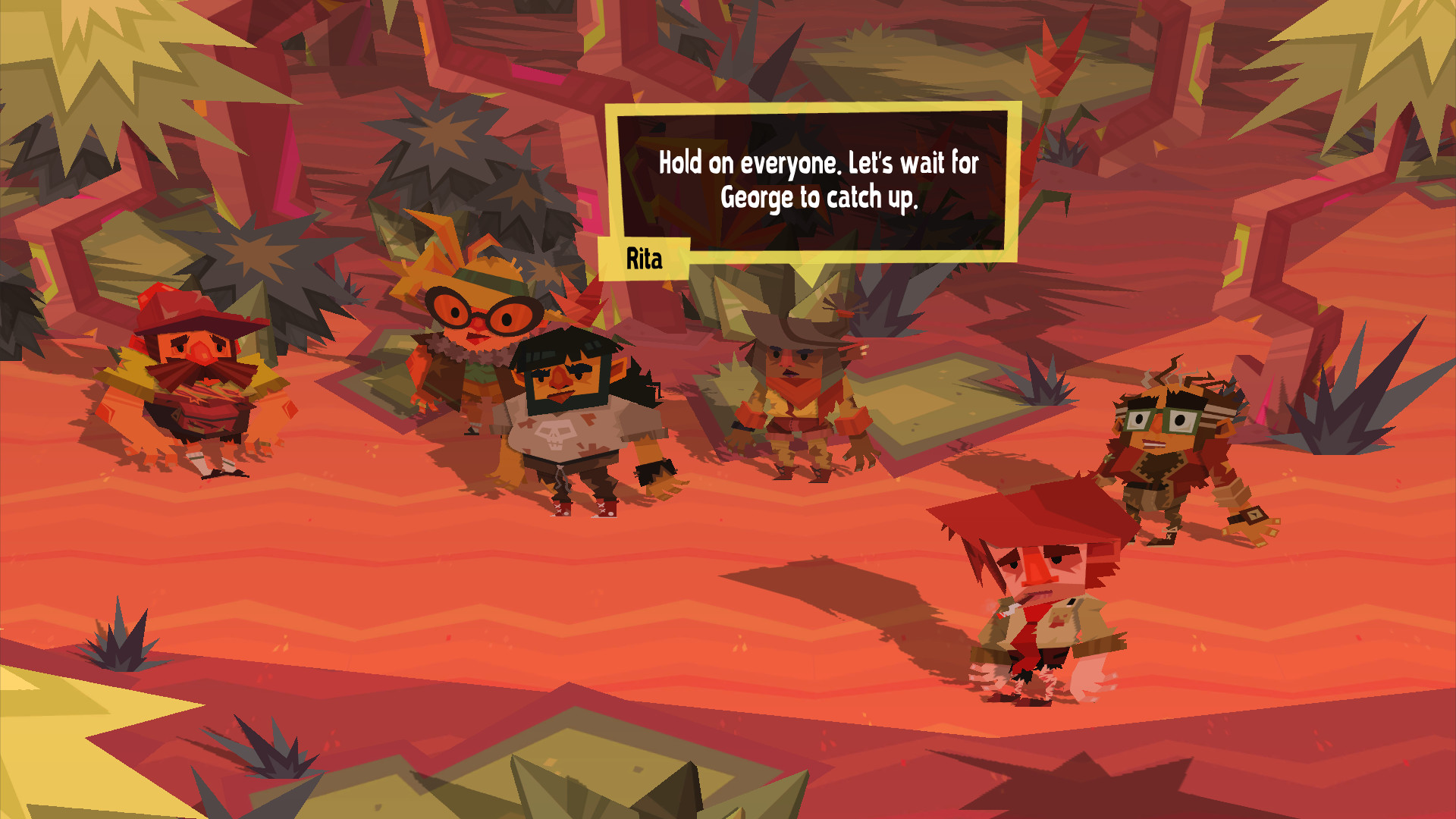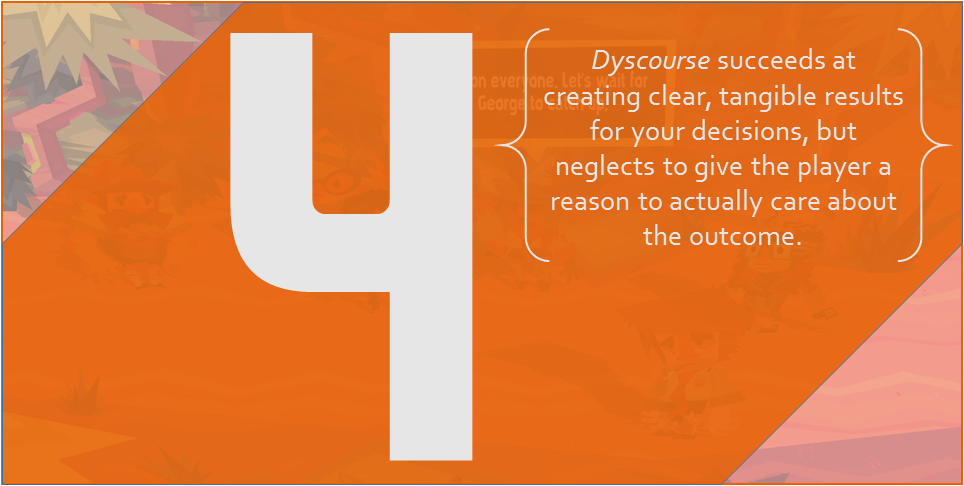It Was Fatalism All Along! - On Dyscourse And Choosing Your Own Adventure
The island is alive. It speaks to you through the actions of others, gauging your response, judging your actions. There is no right decision to make, because there is no decision to make at all. Your actions are predetermined and irrefutable, masked by choices you believe you are making independently but which only serve to dissuade you from discovering the truth of your fatalism. Every attempt to change your fate is little more than a divergence onto a different path leading to the same place, one you will either reach or die trying to find, death being your only truly disruptive action along your path to being rescued. But alas, the island refuses to allow you to die. Your companions may perish but you, you must live. Without you there is no story, no allusions to choice, no reason to continue moving forward. So you must begin again, repeating your path, altering what you can, performing your duty as participant in the islands grand performance. This, is Dyscourse, a tale of island survival and the folly of static choice. Dyscourse is, structurally, a choose-your-own-adventure book repurposed as a mildly interactive paper-craft narrative experience. You play as Rita, a disillusioned barista now marooned upon a desert island after a fluke plane crash. Joining you are your fellow survivors, each with a personality large enough to support the interpersonal drama at the center of Dyscourse’s narrative. Whether through the ramblings of a paranoid ex-government conspiracy theorist, or the nihilistic reflections of a middle-aged office worker, Dyscourse excels in playing to the eccentric, reality TV nature of its plot, stirring up tragedy and disagreement among its cast so as to better position you, the default mediator, to make “meaningful narrative decisions”.
Dyscourse's narrative is entirely in service to its mechanics

As a proof of concept, Dyscourse could be considered a success in how it has managed to craft an adventure in which you have some semblance of control over how the story unfolds. Your choices have a clear, dramatic effect on the overall narrative, and altering those decisions in repeated playthroughs can drastically influence the way that particular story unravels. But for all the ways Dyscourse attempts to make you believe that you are in control of, or at least have an active role in its narrative, it inevitably runs up against the same problem inherent to any game in which perceived player choice is privileged above everything else, that being that there can never be any true choice within a fixed environment.
Your actions in Dyscourse are only meaningful insofar as they serve to position you upon a predetermined narrative pipeline, each decision effectively serving to open and close different paths until you arrive on one which is so narrow as to remove the possibility of choice altogether. You are never truly making a free choice, only deciding where the story goes, and it always has to go somewhere. Decisions in Dyscourse become more and more binary with each new playthrough as the more you understand about how its model of choice works, the more limiting and arbitrary it becomes. Every choice might have ramifications, but those ramifications are always system driven, decisions devolving into immovable numbers with no room to compromise. There will always be only enough to feed two, always only time enough to save three, always a binary choice between who lives and who dies.
One might argue that choose-your-own-adventure books, as a medium onto themselves, were never about choice but only participation. The point wasn’t so much to change the story so much as guide it, as within a finite number of pages there was never any illusion that you, the reader, could actually alter the words upon them. Choose-your-own-adventures then become predominately about seeing the ways the story can change if you follow different paths, how characters shift and plotlines diverge, as if to preemptively answer the “what ifs” of readers and give them a larger understanding of the ways a particular world and the characters within it function in relation to one another.

If we apply this way of thinking to Dyscourse its predetermined nature becomes less inherently frustrating, though no less arbitrary. It isn’t unreasonable for Dyscourse to have limits, but how it defines those boundaries often feels intentionally antagonistic for the sake of propelling the player forward. You are unable, for instance, to ever choose not to take action when presented with a choice. Even after building a SOS signal, you can’t merely wait along the coast to potentially be rescued. You instead much follow where the game points you, only getting a say insofar as you can attempt to control who lives and dies. If Dyscourse is wholly about emergent, player driven narratives, it seems odd that so many of the most important decisions within the game force the player’s hand.
Games like Telltale’s The Walking Dead or Heavy Rain work as choice driven narratives primarily because they are framed first as interactive stories. Complete control isn’t expected, thus when the limits of your decisions become apparent they don’t serve to discount the impact you’ve had on the narrative as a whole. Dyscourse in comparison is wholly about the ways in which you are actively shaping the story’s progression. Its narrative is entirely in service to its mechanics, with it not mattering so much what your decisions lead to only that you were given a choice in the first place. This prioritizing of player over plot causes every outcome to feel weightless and inevitable. With no reason to care about these characters the narrative is little more than a checklist of variables. Action A produces effect B; characters X and Y survive in one run, character Z another.
Final Word
There is some entertainment to be had in seeing how far you can push Dyscourse’s plot within what little freedom you have to direct it, but the novelty soon wears off when you are given no reason to care what the eventual effect may be. Why should I care if my group is rescued when their survival is merely the predetermined result of each of these actions? Why do I care if I am rescued at all when I have no way to go about doing anything but getting rescued? Dyscourse is a game of choice, but without a compelling reason to find meaning within these binary decisions, I was left with little reason to care about the outcome.

Dyscourse was developed by Owlchemy Labs and is available on PC, Mac, and Linux.

